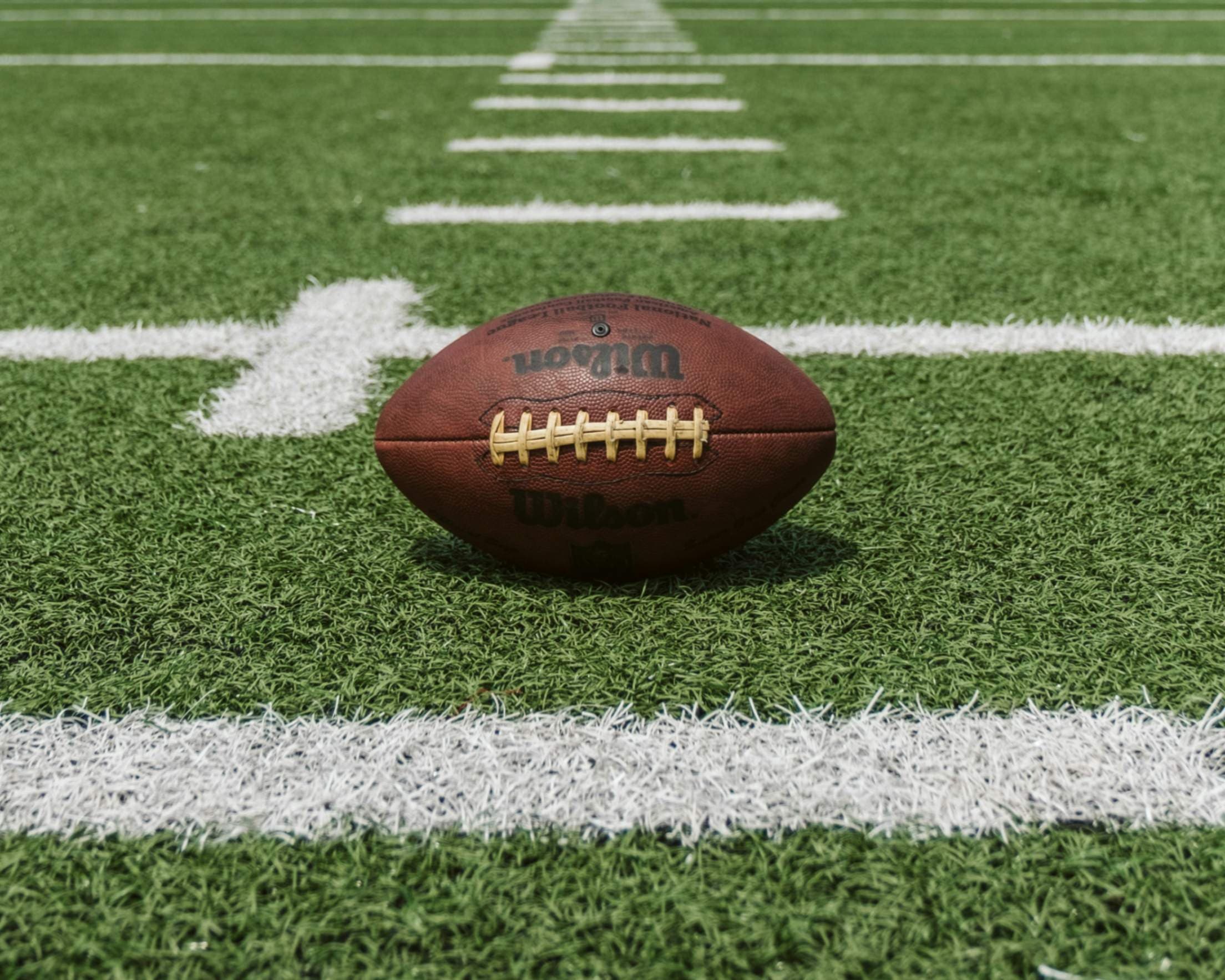
Guardians on the Gridiron: How Communication and Reports Win the Day
Policing and its dynamics have evolved significantly over the years. Yet, the core mission of protecting life and property remains a constant. One might compare policing to football, where blocking and tackling are fundamental to success, and all other strategies and maneuvers stem from these core tactics.
In the context of policing, communication skills and report writing can be likened to blocking and tackling. These fundamental skills are pivotal for a police officer's success, even as they are pulled in different directions and asked to perform numerous roles. The role of communication in maintaining public safety and order cannot be overemphasized. Through effective communication, law enforcement officers can establish trust and rapport with community members. This trust is a crucial step towards fostering cooperation between the police and the public, leading to safer communities.
A study by the International Association of Chiefs of Police (IACP) highlights the importance of communication skills in policing. The study found that officers with strong communication skills are often more effective in resolving conflicts without resorting to physical force. They are also less likely to become involved in situations that lead to complaints, lawsuits, or physical injuries. This finding resonates with the findings of the Police Executive Research Forum, where they outlined the importance of communication in de-escalating potentially volatile situa
Read-Only
$3.99/month
- ✓ Unlimited article access
- ✓ Profile setup & commenting
- ✓ Newsletter
Essential
$6.99/month
- ✓ All Read-Only features
- ✓ Connect with subscribers
- ✓ Private messaging
- ✓ Access to CityGov AI
- ✓ 5 submissions, 2 publications
Premium
$9.99/month
- ✓ All Essential features
- 3 publications
- ✓ Library function access
- ✓ Spotlight feature
- ✓ Expert verification
- ✓ Early access to new features
More from 2 Topics
Explore related articles on similar topics





